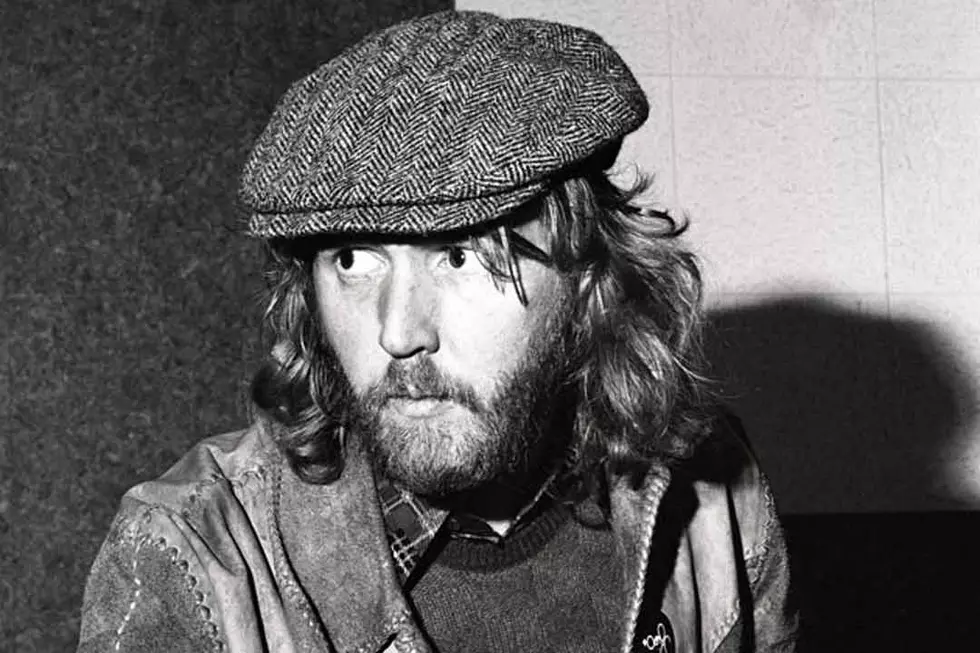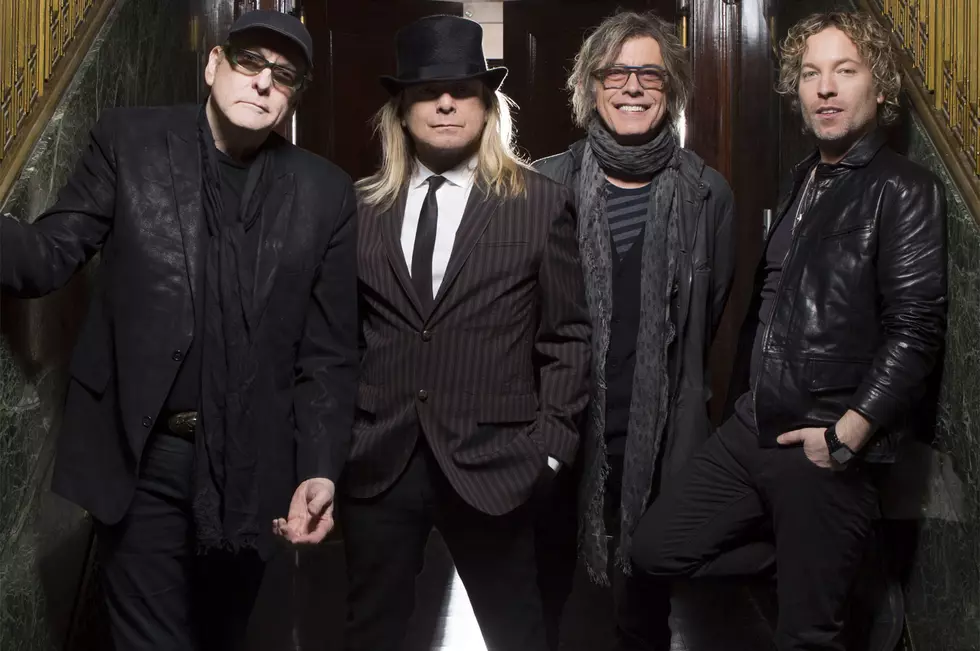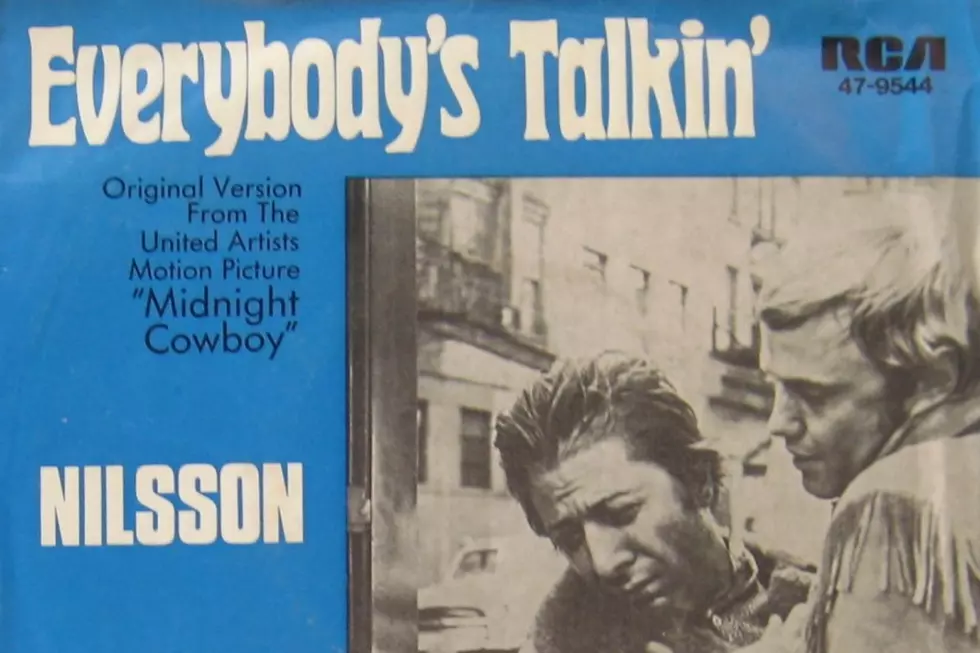
The Day That Harry Nilsson Died
Popular music lost one if its most original and criminally unheralded voices on Jan. 15, 1994. But really, Harry Nilsson was long gone before he died of heart failure at the young age of 52.
It had been 14 years since Nilsson made an album, and 17 since one had been released in the U.S. He had retired from live performances long before that. But the string of records he released between 1967 and 1977 remain among the most listenable, influential and timeless (but, unfortunately, neglected) of the era.
Nilsson got his start as a New York-based songwriter in the early '60s, working within the studio system that yielded hits for such high-profile execs and producers like Phil Spector. In 1967, he released his first album, Pandemonium Shadow Show, which included a handful of his originals as well as covers of songs by the Beatles and others. Nilsson's take on "You Can't Do That" became his first single, stalling outside the Top 100 at No. 122.
A year later, he released Aerial Ballet, another mix of originals and covers that gave Nilsson his first Top 10 hit, a version of Fred Neil's "Everybody's Talkin'." The track actually didn't crack the Top 100 at first, but climbed to No. 6 after its appearance in the movie Midnight Cowboy in 1969.
Over the next decade, Nilsson released 13 more albums and hit the Top 40 seven more times, culminating with 1971's No. 1 single "Without You," from Nilsson Schmilsson, his biggest album. Curiously, even though Nilsson was a prolific and highly skilled songwriter (penning hits recorded by the Monkees and Three Dog Night), his two biggest singles – "Everybody's Talkin" and "Without You" – were both covers (the latter was written and originally recorded by Badfinger).
Watch Harry Nilsson Perform 'Everybody's Talkin''
Nilsson eventually became close friends with his idols the Beatles, especially John Lennon, who helped create 1974's Pussy Cats album during his Lost Weekend separation from Yoko Ono. In 1977, Nilsson released his last album with RCA Records, Knillssonn. Three years later, he released Flash Harry, which was never put out in the U.S. Not long afterward, he retired from recording. Never a fan of concerts, Nilsson rarely performed live in the '70s, either.
The last dozen years were mostly unproductive for Nilsson, who retreated from the spotlight. He composed the music for the 1980 big-screen bomb Popeye, wrote a musical and formed a production company. He returned to the studio to record a song for a benefit record in 1991; a year later he made his last concert appearance, joining Ringo Starr's All Starr Band onstage in Las Vegas.
In February 1993, the hard-living Nilsson suffered a heart attack. During his recovery, he started working with RCA on a two-disc anthology, on which he hoped to include a newly recorded song. But on Jan. 15, 1994, his heart gave out. The collection, Personal Best, was released the following year without any new material.
Since his passing, Nilsson has been embraced by a legion of indie rockers, who've found a sort of camaraderie with the singer-songwriter's DIY and defiant attitude (not to mention all the great songs he wrote). His catalog of albums and outtakes – most of them gloriously compiled on the definitive 17-disc RCA Albums Collection – seals his legacy as one of music's all-time greats.
See Harry Nilsson Among the Top 200 '70s Rock Songs
More From Ultimate Classic Rock









